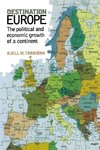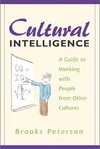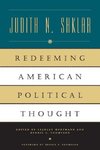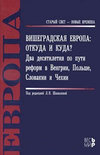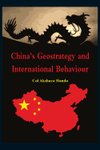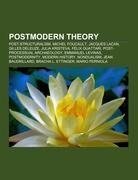
-
 Anglický jazyk
Anglický jazyk
Postmodern theory
Autor: Source: Wikipedia
Source: Wikipedia. Pages: 112. Chapters: Post-structuralism, Michel Foucault, Jacques Lacan, Gilles Deleuze, Julia Kristeva, Félix Guattari, Post-processual archaeology, Emmanuel Levinas, Postmodernity, Modern history, Nondualism, Jean Baudrillard, Bracha... Viac o knihe
Na objednávku, dodanie 2-4 týždne
24.75 €
bežná cena: 27.50 €
O knihe
Source: Wikipedia. Pages: 112. Chapters: Post-structuralism, Michel Foucault, Jacques Lacan, Gilles Deleuze, Julia Kristeva, Félix Guattari, Post-processual archaeology, Emmanuel Levinas, Postmodernity, Modern history, Nondualism, Jean Baudrillard, Bracha L. Ettinger, Mario Perniola, Jean-François Lyotard, Gayatri Chakravorty Spivak, Sylvère Lotringer, Paul Virilio, Jean-Jacques Lebel, Henry Jenkins, Post-anarchism, MiSko suvakovic, Philippe Sollers, Postmodern Christianity, Frank Popper, Hyperreality, Billy Klüver, Luce Irigaray, Henry Flynt, Mirror stage, The Imaginary, Coherence therapy, Roy Ascott, Abjection, Anthony Wilden, Jussi Parikka, Griselda Pollock, Name of the Father, The Symbolic, Objet petit a, The Seminars of Jacques Lacan, Interdiscourse, List of environmental philosophers, Barbara Czarniawska, The Real, Thierry de Duve, Transmodernism, Ihab Hassan, Schizoanalysis, Ecosophy, Lack, Dialogic, Desiring-production, Postmodern feminism, Christine Buci-Glucksmann, Sinthome, Craig Owens, Dispositif, George Landow, Won-il Rhee, Cahiers pour l'Analyse, Cyborg theory, Mark Poster, Arthur Kroker, Gilles Lipovetsky, Michael Joyce, Jouissance, James Brusseau, Françoise Meltzer, Free Play, Monika Kostera, Discontinuity, Catherine Perret, Francoise Gaillard, Lacanian Ink, Char Davies, Surgency, Polysexuality, Problematization, Rolf Solli, John Van Maanen. Excerpt: Modern history, or the modern era, describes the historical timeline after the Middle Ages. Modern history can be further broken down into the early modern period and the late modern period after the Great Divergence. Contemporary history describes the span of historic events that are immediately relevant to the present time. The beginning of the modern era started approximately in the 16th century. Many major events caused Europe to change around the turn of the 16th century, starting with the Fall of Constantinople in 1453, the fall of Muslim Spain and the discovery of the Americas in 1492, and Martin Luther's Protestant Reformation in 1517. In England the modern period is often dated to the start of the Tudor period with the victory of Henry VII over Richard III at the Battle of Bosworth in 1485. Early modern European history is usually seen to span from the turn of the 15th century, through the Age of Reason and Age of Enlightenment in the 17th and 18th centuries, until the beginning of the Industrial Revolution in the late 18th century. The fundamental difficulty of studying modern history is the fact that a plethora of it has been documented up to the present day. It is imperative to consider the reliability of the information obtained from these records. In the Pre-Modern era, many people's sense of self and purpose was often expressed via a faith in some form of deity, be that in a single god or in many gods. Pre-modern cultures have not been thought of creating a sense of distinct individuality, though. Religious officials, who often held positions of power, were the spiritual intermediaries to the common person. It was only through these intermediaries that the general masses had access to the divine. Tradition was sacred to ancient cultures and was unchanging and the social order of ceremony and morals in a culture could be strictly enforced. In contrast to the pre-modern era, Western civilization made a gradual transition from premodernity to modernity w
- Vydavateľstvo: Books LLC, Reference Series
- Rok vydania: 2011
- Formát: Paperback
- Rozmer: 246 x 189 mm
- Jazyk: Anglický jazyk
- ISBN: 9781157505907
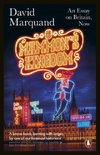
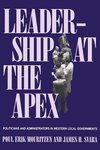



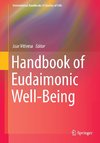
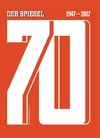
 Nemecký jazyk
Nemecký jazyk 
 Ruský jazyk
Ruský jazyk 